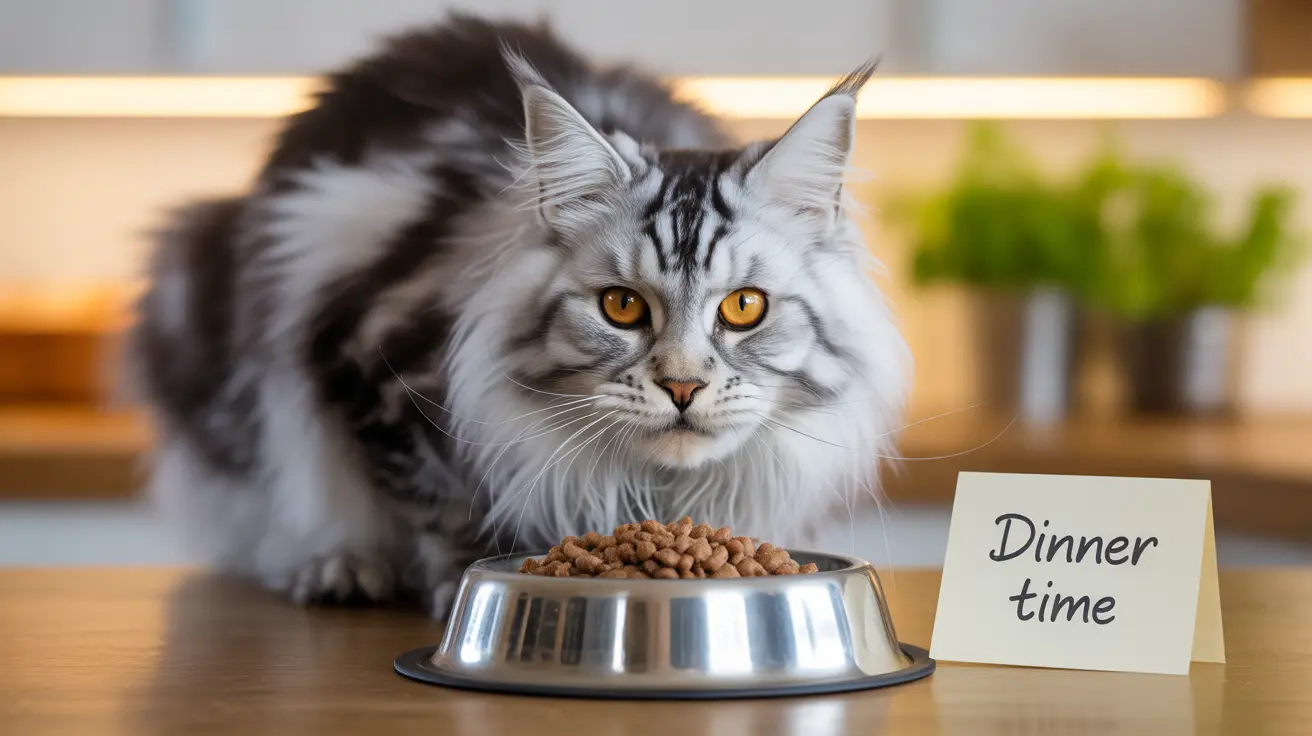Understanding Your Cat's Protein Needs
As obligate carnivores, cats have evolved to thrive on protein-rich diets that closely mirror their natural prey. Their bodies are specifically designed to process and utilize protein as a primary energy source, making the question of protein intake crucial for every cat owner.
Recent veterinary research has shown that high-protein diets can offer numerous benefits for cats, from maintaining lean muscle mass to supporting healthy weight management. Understanding these benefits and how to properly implement a high-protein diet is essential for your cat's optimal health.
The Science Behind Cats and Protein
Cats have unique metabolic needs that set them apart from other pets. Their bodies require specific amino acids found primarily in animal proteins, including taurine and arginine, which they cannot synthesize on their own. Without adequate protein intake, cats can develop serious health issues.
A cat's natural diet in the wild consists of approximately 52% protein, 46% fat, and only 2% carbohydrates. This biological blueprint helps explain why domestic cats often thrive on high-protein diets that more closely match their evolutionary needs.
Benefits of High-Protein Cat Food
High-protein diets offer several significant advantages for cats:
- Maintains and builds lean muscle mass
- Supports healthy weight management
- Improves energy levels and vitality
- Promotes better coat and skin health
- Enhances immune system function
- Increases satiety, reducing overeating
Optimal Protein Levels for Different Life Stages
The protein requirements for cats vary depending on their life stage and health status:
- Kittens: 35-50% protein (dry matter basis)
- Adult cats: 30-45% protein
- Senior cats: 35-50% protein (to prevent muscle loss)
- Pregnant/nursing cats: 40-50% protein
When to Be Cautious with High-Protein Diets
While high-protein diets are generally beneficial, some cats may need modified protein intake. Cats with certain health conditions, particularly kidney disease or severe liver problems, may require carefully controlled protein levels under veterinary supervision.
Choosing the Right High-Protein Diet
When selecting a high-protein diet for your cat, consider these factors:
- Protein quality (animal-based sources are preferred)
- Overall nutrient balance
- Moisture content (wet food vs. dry food)
- Your cat's age and health status
- Veterinary recommendations
Frequently Asked Questions
Is a high-protein diet really good for cats, and what are the key benefits?
Yes, high-protein diets are generally excellent for cats as they match their natural nutritional needs. Key benefits include muscle maintenance, improved energy levels, better weight management, and enhanced coat health. Cats are obligate carnivores who have evolved to process protein as their primary energy source.
How much protein should my cat eat daily for optimal health, and does this change with age?
Adult cats typically need 30-45% protein on a dry matter basis, while kittens and seniors may require 35-50%. The exact amount varies based on age, activity level, and health status. Senior cats often need more protein to prevent muscle loss, while kittens need it for growth and development.
Are there any risks or health conditions where high-protein food is not recommended for cats?
High-protein diets may need to be modified for cats with kidney disease, severe liver problems, or certain metabolic disorders. Always consult with your veterinarian before making significant dietary changes, especially if your cat has existing health conditions.
What are the best high-protein cat foods and how do I choose one that's safe and balanced?
Look for foods with high-quality animal proteins listed as the first ingredients. Ensure the food is AAFCO-certified and provides a complete nutritional profile. Consider both wet and dry options, and choose products from reputable manufacturers with proven safety records.
Can a high-protein diet help my cat lose weight or manage diabetes, and how should I introduce it?
Yes, high-protein diets can aid in weight management and diabetes control by promoting satiety and helping regulate blood sugar levels. Introduce new foods gradually over 7-10 days by mixing increasing amounts with the current food to prevent digestive issues.
Conclusion
High-protein diets align with cats' natural nutritional needs and can provide numerous health benefits when properly implemented. While most cats thrive on protein-rich diets, it's essential to consider individual health needs and consult with a veterinarian before making significant dietary changes.
By understanding your cat's protein requirements and choosing appropriate high-quality food sources, you can help ensure your feline companion maintains optimal health throughout all life stages.






